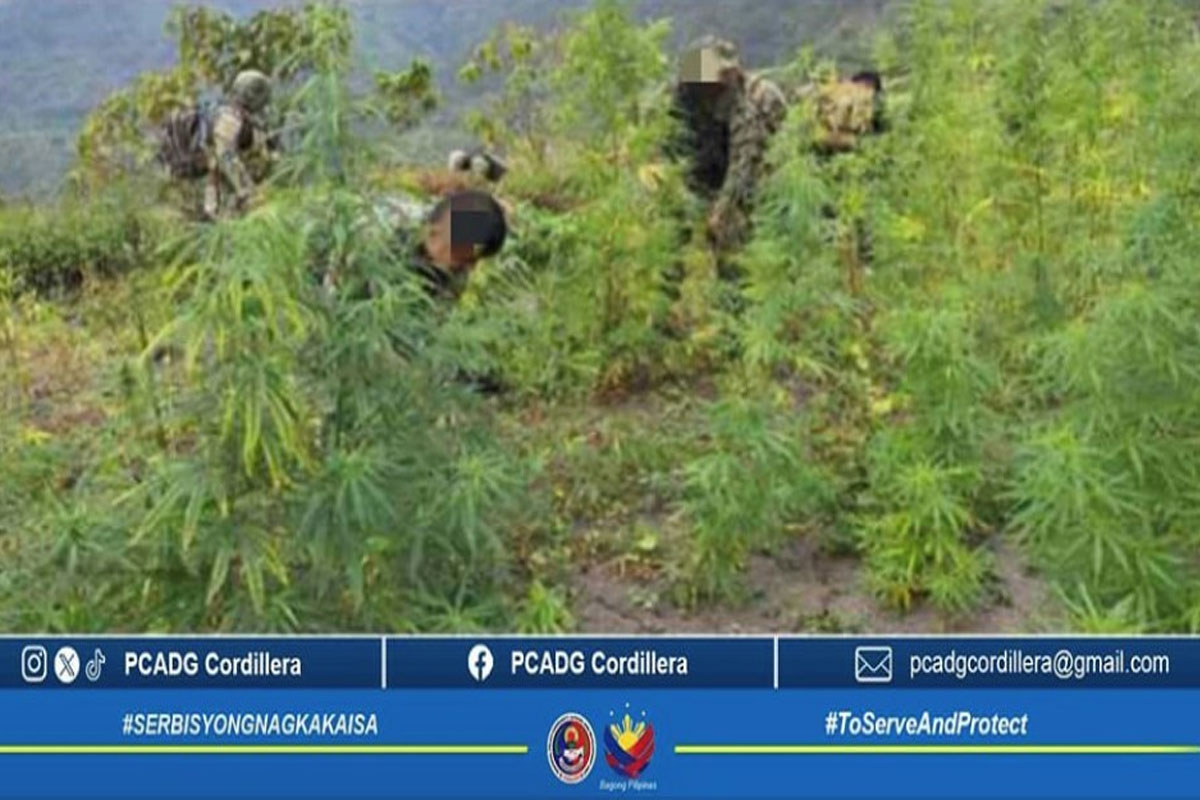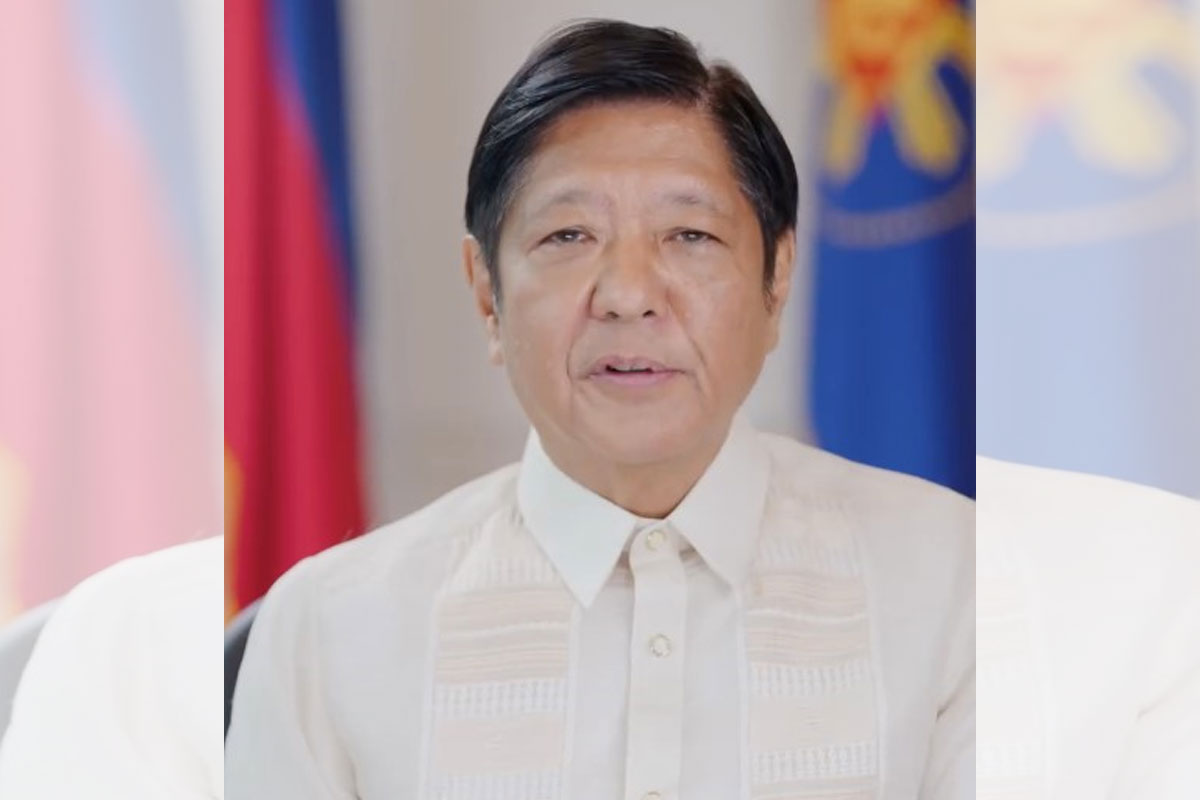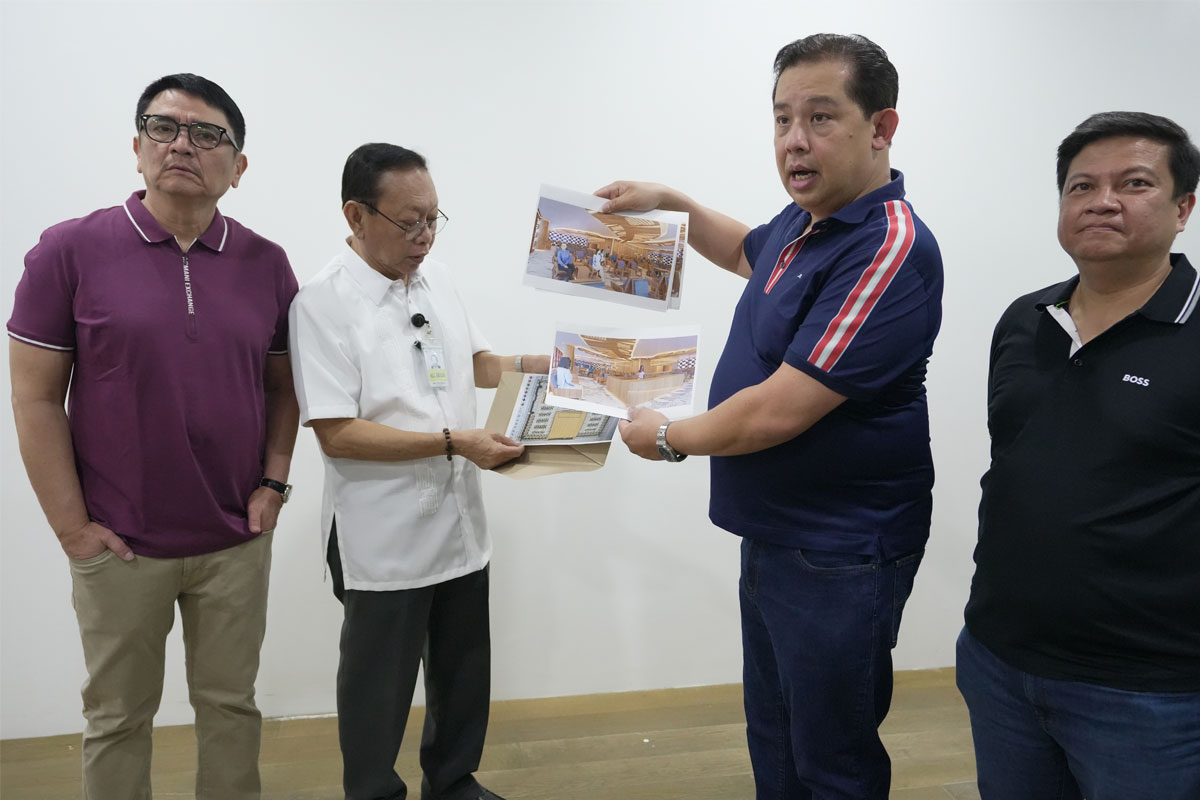
Long live the TRO against NCAP
 THE suspension of the No Contact Apprehension Policy (NCAP) is a big relief to many motorists and businessmen in Metro Manila.
THE suspension of the No Contact Apprehension Policy (NCAP) is a big relief to many motorists and businessmen in Metro Manila.
Big thanks to the Supreme Court (SC) that issued the temporary restraining order (TRO) against the defect-riddled program. I’m sure a lot of road users would want the TRO to stay longer.
Aside from the hefty fines imposed by NCAP on alleged traffic violators, the policy has rendered many motor vehicles – mostly public utility vehicles – unregistered for renewal with the Land Transportation Office (LTO).
This corner learned many operators of jeepneys and taxis opted not to renew the LTO registration of their vehicles to avoid paying the very costly penalties.
It meant hundreds or even thousands of these PUVs could have been running in the metropolis’ thoroughfares without the mandatory insurance for road accidents to the detriment of public safety.
Despite this, the Manila City Government – the locality with the most notorious implementation of NCAP –is peddling the supposed advantages of NCAP.
In a statement issued on the other day, Mayor Honey Lacuna said the city government respects the order as she assured that the city will abide by it.
The local government has deployed more traffic enforcers on the road to ensure traffic rules are followed after the SC’s TRO on the implementation of NCAP.
“Although we believe that NCAP has brought a lot of goodness to the traffic flow and discipline in our city, the city government will follow the guidelines of the Supreme Court and is ready to stop the NCAP in Manila,” she said.
She said based on data, the number of traffic violations went down, and that discipline has been instilled among motorists to prevent vehicle gridlocks in the city because of the NCAP.
Earlier, the city government cited data from the Metro Manila Development Authority, published in its Metro Manila Reporting and Analysis System 2021 Annual Report on road safety.
The report showed that the number of fatal and non-fatal injuries due to traffic accidents went down by 47 percent in 2021 after NCAP was implemented in the city.
Manila Police District data also showed that recorded road accidents in the city dropped by 62 percent.
Said benefits might be true but they are outweighed by the drawbacks of NCAP. Thus, the TRO is really helpful to determine whether the policy should be continued or not.
The move of the SC to issue a TRO against NCAP would allow the House of Representatives to review alleged flaws, including the constitutionality of the policy, according to Surigao del Norte Rep. Robert Barbers.
The chamber would be looking into the issues hounding the policy, arguing that these should be resolved first despite the intent of NCAP to discipline “erring, abusive and wayward” motorists.
Meanwhile, 1-Pacman party-list Rep. Mikee Romero said government agencies and local government units that enforced the controversial policy should return the fines paid by supposed violators.
“Now that the Supreme Court has issued a TRO against this policy, the concerned agencies and LGUs should reimburse the alleged violators the fines collected from them,” he said.
He was particularly pertaining to the Metro Manila Development Authority (MMDA), Land Transportation Office (LTO), and the cities of Manila, Quezon, San Juan, Valenzuela, Parañaque, and Muntinlupa.
Lawyer Juman Paa, one of the complainants in the two cases against NCAP pending before the Supreme Court, had complained of being sent notices for four violations, for which he was asked to pay more than PHP20,000 in fines.
Some Quezon City residents were notified of multiple NCAP violations of the 60-kilometer-per-hour speed limit along Commonwealth Avenue. The notices show that the alleged violations were just 1-2 minutes apart.
The video footage showing the alleged offenses must have been taken by just one camera. This is proof that this scheme is open to abuse.
Violators in this case have no protection against abuse because they cannot argue with the footage and the camera that took it.
The LTO might have violated the Data Privacy Act after disclosing to the MMDA and the five cities that enforced NCAP the names and home addresses of the alleged violators.
“I hope the data does not fall into the hands of criminally-inclined persons who could use it for extortion activities,” Romero said.
**
For comments, please call or text 09569012811 or email [email protected]




















